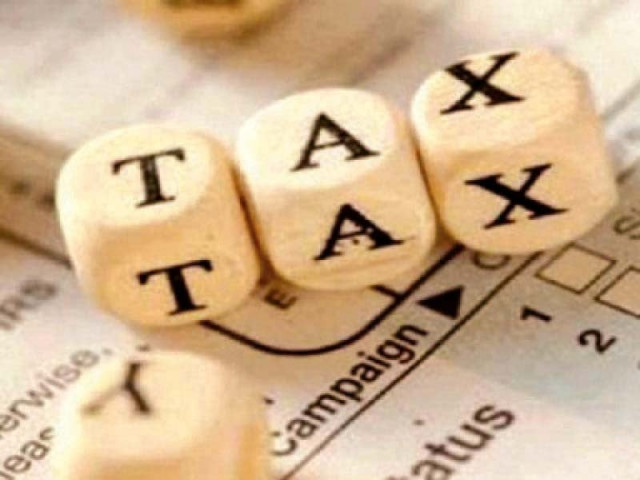Turnover tax on traders ‘unbearable’
Businessmen say it will discourage SMEs from registering under sales tax regime

A turnover tax of 1.25% on traders, distributors and dealers is unbearable as profit margins are barely 2% on market sales and the tax will continue to discourage the SMEs from getting registered under the sales tax regime, said Federation of Pakistan Chambers of Commerce and Industry (FPCCI) acting President Shabbir Mansha.
“Taxes on turnover can encourage SMEs to avoid sales tax registration where the government intends to document the economy,” Arif Habib Commodities CEO Ahsan Mehanti said while talking to The Express Tribune. Mansha underscored that tax on profits is an equitable source and later on, helps the government to charge poverty tax from the high-earning small and medium enterprises (SMEs).
There is 4.5% withholding tax on local sales, but normally trade margins are between 2% and 3% and there is no way a business can absorb 4.5% withholding tax and continue to operate viably, he said. Therefore, the sellers find it more viable to buy goods at 20% taxes; when accounting for additional duty of 3% on commercial importers on top of 17% sales tax and delist from the sales tax.
AHL Head of Research Tahir Abbas said that the government is focusing on increasing the tax net and encouraging more people to become tax filers. “Nowadays, with the recent surge in local and international commodity prices, margins for traders, distributors and dealers have increased significantly and they should contribute to the taxation revenue for the FBR accordingly,” he added. Mansha demanded the removal of disparities in the rates of sales tax on raw materials at the import stage between commercial and industrial importers.
He underlined that under Section 8 (b) of the Sales Tax Act 1990, input tax adjustment of over 90% of the output tax is not allowed. “This condition should be withdrawn; as the same has been already extended to the companies operating in various sectors,” he said. He lamented that the withholding tax on the import of raw materials should be the same for industrial and commercial importers.
Mansha proposed that at the stage of deregistering from the sales tax system, the condition of prior audit should be withdrawn to facilitate the exit after three years; provided a company, individual, or association of persons (AOP) was filing null return for the past five years due to the discontinuation of their businesses.
The FPCCI appreciated the government for the withdrawal of CNIC condition through amending Section 23(I) (b) but maintained that the Finance Bill 2022 should categorically state that no CNIC would be required for sales to the non-filers. Mansha also raised the issue of 12% tax referring to Section 233(1). “Additionally, freight and transportation charges under Section 153(1) (b) at 3% should only be applied to the final tax region,” he added.



















COMMENTS
Comments are moderated and generally will be posted if they are on-topic and not abusive.
For more information, please see our Comments FAQ